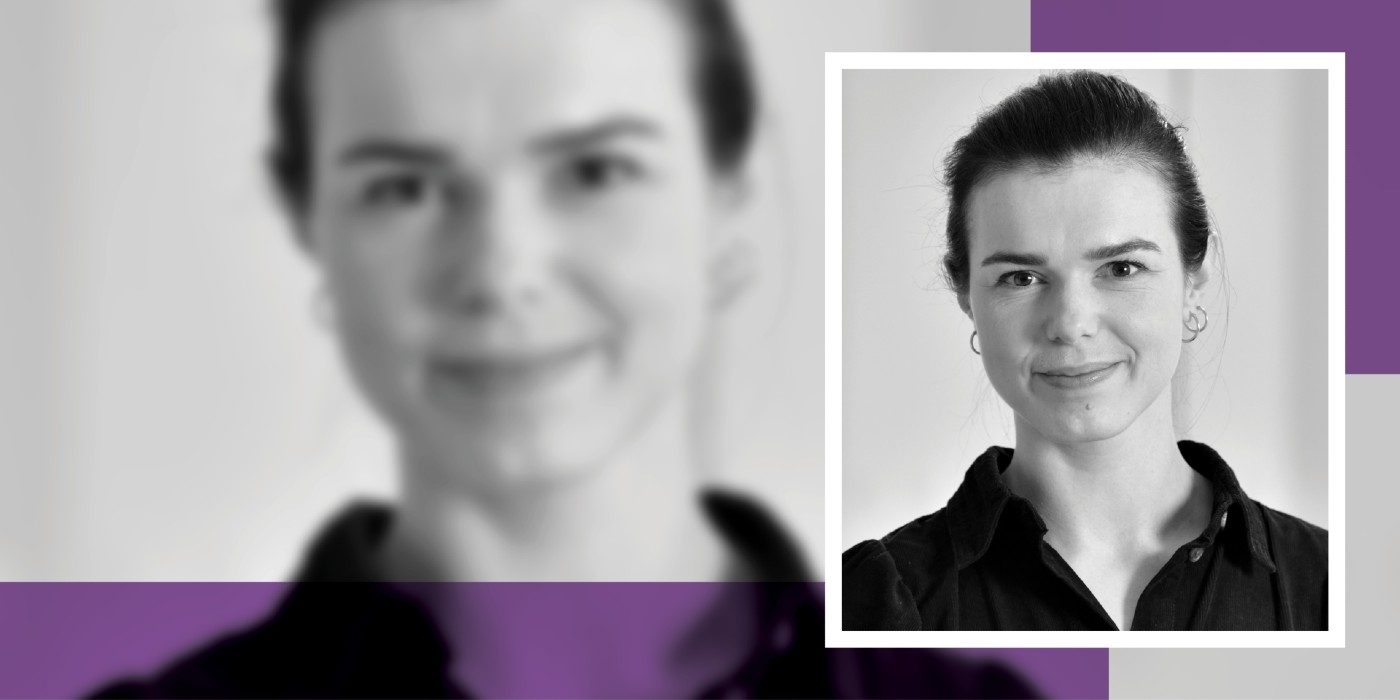
Meet Dr Kate Womersley: embedding equity to deliver better science
As a physician working in psychiatry and a researcher in health policy, Dr Kate Womersley brings together patient care insights and knowledge of systems-level approaches to champion equitable health research.
“These two parts of my professional life very much speak to each other. I love practicing medicine and having clinical time with patients, but it takes on a whole new meaning when you're involved in research as well, and you see how what people are suffering from is - or is not - being addressed in an academic forum.”
Kate’s first engagement with The George Institute after her medical degree was an academic research job in Edinburgh, Scotland. The project, conducted in 2020/21 and supervised by Professor Robyn Norton, Founding Director of The George Institute for Global Health, looked at which research funding organisations in the UK had a sex and gender policy in place for the projects that they support.
They found that none had such a policy, from government funders such as the National Institute for Health Research and the Medical Research Council, to smaller charitable organisations, such as Breast Cancer Now and the British Heart Foundation. This spurred the research team into action with the aim of making health and medical research more equitable and the Medical Science, Sex and Gender Equity (MESSAGE) project was born.
This focus is driven by Kate’s recognition of the gender health gaps experienced by women and gender diverse people in their health outcomes, access to treatment and care, and differences in disease risk, diagnosis and treatment compared to men.
“When I went into medicine, I don't think I realised how under-represented some parts of the population are in health and medical research, and the disadvantage they experience as a result. But I was interested in women's health across the different phases of life and the physical and psychological conditions they might face.”
“The gender gap became really apparent to me in the anatomy room at Cambridge University in the UK where I did my medical degree - every part of the body was discussed, except for breasts. I couldn’t believe it. A colleague and I advocated for this to be changed and we managed to get breasts included on the anatomy syllabus. I realised that given these kinds of inequalities are there for everyone to see, there must be so many that are still hiding in plain sight. I saw this again and again through the rest of my education in medicine and also in clinical practice.”
As Principal Investigator of MESSAGE, Kate leads a team which is asking UK funding organisations to prioritise research that includes more women and under-represented groups in terms of sex and gender so that the findings apply to them, not just the majority of participants (usually cisgender white young men). Since the project’s launch in 2022, the team has worked with funders as well as regulators, publishers, researchers and patients to co-produce a policy framework which can be implemented in these different funding organisations to ensure the research they endorse includes women, men, non-binary people, and transgender people and is analysed for any differences across these groups.
The aim of MESSAGE is to generate better science that meets everyone’s needs. If funders have policies in place to ensure that proposed projects have considered appropriate sex and gender representation, this equitable approach would be likely to lead to the analysis and reporting of results according to these criteria. MESSAGE will also be launching educational materials to upskill researchers about how to do this well in their own projects and meet the new sector standards.
“Currently we’re working to ensure the MESSAGE policy framework lands, has impact, and that funding organisations feel supported in adapting and implementing it. It’s about changing hearts and minds. It’s also crucial to consider sustainability. We need to evolve the MESSAGE framework as thinking develops given that this is a snapshot of best practice now. The framework needs to grow.”
With this in mind, Kate and team are looking to extend MESSAGE to support other stakeholders such as medical publishers and the pharmaceutical sector in developing their guidance around sex and gender equity. There are also ambitions to assess and improve medical training given the variability of medical curricula and continuing professional development regarding which bodies (women’s, men’s, and non-binary) are represented.
“This as an opportunity to do better, more accurate and more reproducible science. By being precise about the sex and gender characteristics of any person or any group, a researcher is increasing the accuracy of the data they then collect. This improves the rigour of the science and improves the reproducibility of those results.”
Find out more about the MESSAGE project here. In addition to her roles as clinician and researcher, Kate is a reviewer and writer.


